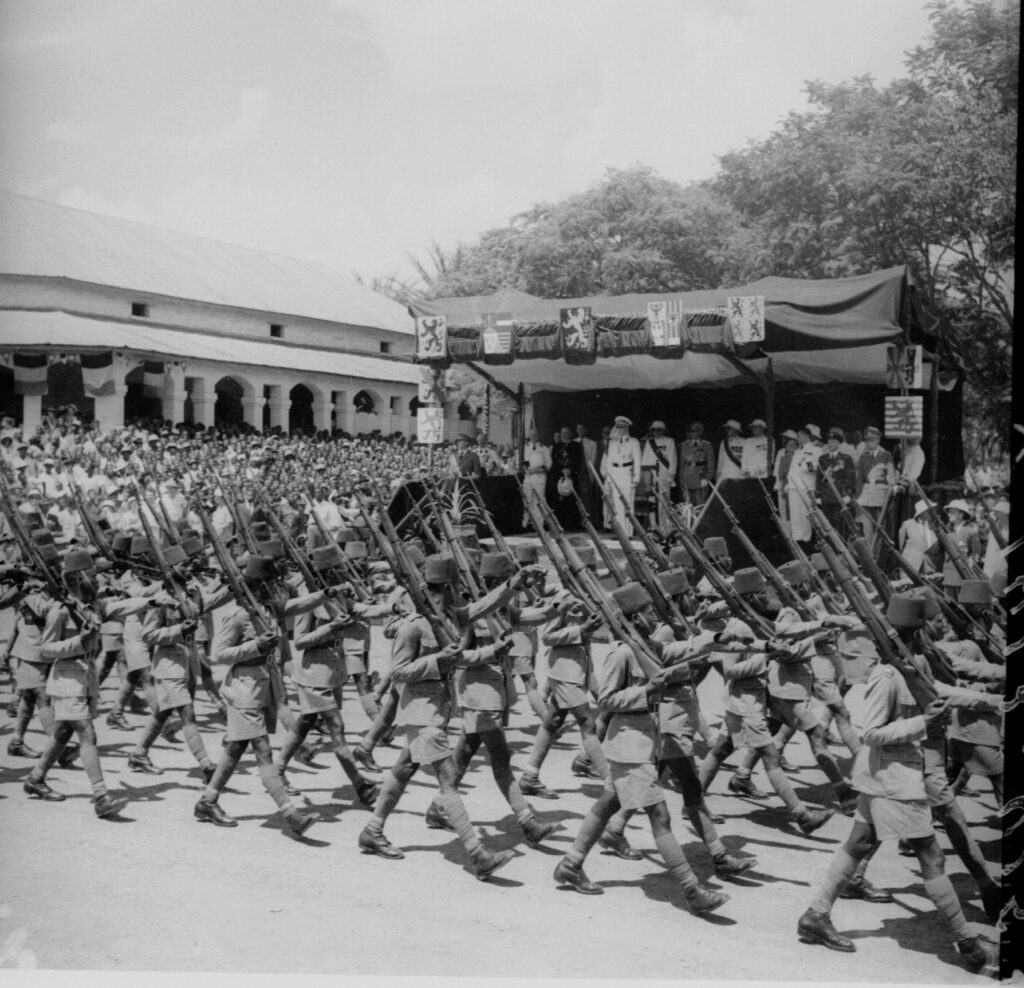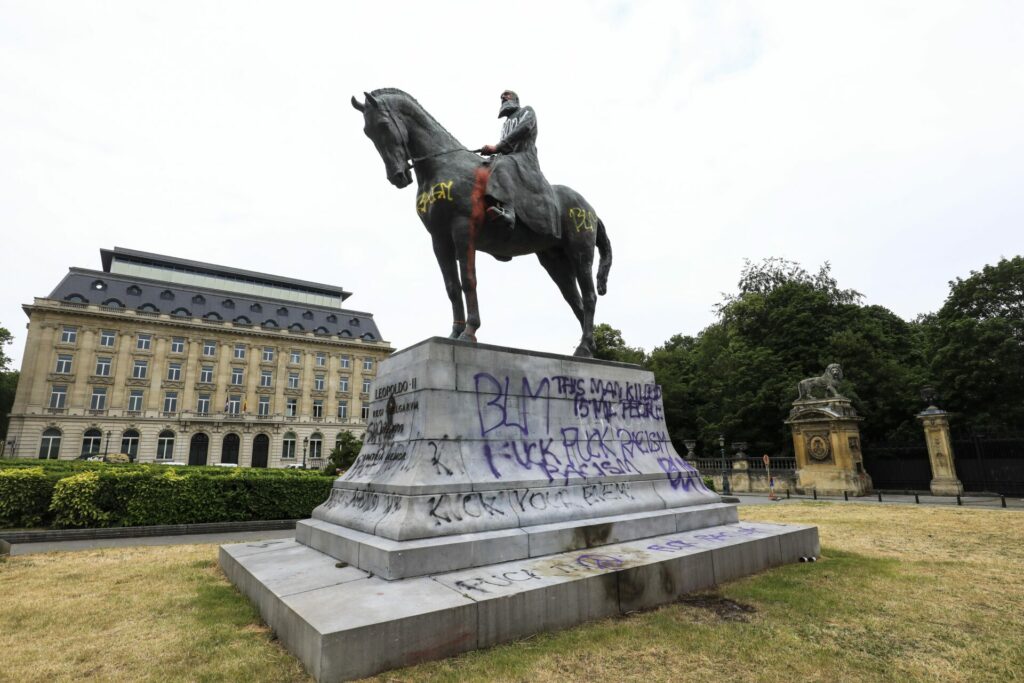Following more than two years of work by the special committee on Belgium's colonial past, Federal MPs failed to reach an agreement on giving formal apologies to the Democratic Republic of Congo (DRC), Burundi and Rwanda for the colonial regime based on domination and exploitation.
Last weekend, the Chair of the Committee, Wouter De Vriendt, tried to reach an agreement between the various parties during hours of negotiations, but it turned out to be in vain: article 69 (out of 128) of the committee's proposals – in which parliament apologises for its colonial past – proved to be the biggest stumbling block.
"The purpose of the parliamentary committee was to create clarity and to learn lessons for the future," De Vriendt told VRT. "But some party chairs and the Royal Palace felt that apologies crossed a red line."
Belgium's liberal parties, Flemish Open VLD (of which the country's Prime Minister Alexander De Croo is a member) and Francophone MR, in particular, were against offering an official apology, and instead wanted to stick to the "deepest regrets" expressed by King Philippe during his visit to the DRC in June.
'Unbridgeable' distance between parties
The two parties refused to take part in the final vote later in the afternoon, and Flemish far-right Vlaams Belang and rightwing N-VA left the committee. The Francophone socialist PS party, on the other hand, found the terminology of regrets "completely insufficient."
While the difference between offering "regrets" or "apologies" may seem very small, many parties fear that the subtle distinction of offering official apologies for Belgium's wrongdoing instead of simply expressing regret over the atrocities that happened could open the door to a Congolese demand for (financial) reparations.
In his closing remarks, De Vriendt said he was disappointed to announce that no agreement was found. "The task was to create clarity, draw lessons for the future and formulate recommendations for reconciliation and recovery."

Belgium's King Baudouin watches a military parade in Mbandaka, former Coquilhatville (DRC). Credit: Belga Archives
"Now was the time to put political interests aside for a while, but that did not happen sufficiently," he said. "There was insufficient willingness to look for a compromise within the Federal Government, and the distance between the opposition groups was great. In terms of apologies, that distance even proved unbridgeable."
The mandate of the special parliamentary committee will expire at the end of this year, meaning that the chance that there will be a consensus between the different factions is virtually non-existent, De Vriendt said. "There is no plan B, this is our last committee session. Still, this is a report that can be built on. Some minds are not ripe today, but that may be different tomorrow. Times are changing quickly."
'A comma, not a full stop'
Meanwhile, Prime Minister of the Netherlands, Mark Rutte, chose today to officially apologise on behalf of the Dutch Government to the Surinamese and Caribbean communities for the country's slavery past, in a speech at the National Archives in The Hague.
"Even if we do not hear the unwritten voices of the past, the story that emerges from all the documents is not always beautiful. It is often ugly and downright shameful," Rutte said, calling slavery in which the Netherlands actively participated "a criminal system that caused untold suffering to untold numbers of people and continues to the present day."
Between 600,000 and over 1 million people were shipped from several countries across Africa to America by the Dutch since the 17th century and traded in appalling conditions. "The numbers are unimaginable, the human suffering behind them even more inhuman," Rutte said. "They were torn away from their families, dehumanised, treated like cattle."
While Rutte acknowledged that nobody alive today is personally to blame for slavery, he added that the Dutch state bears responsibility for the great suffering inflicted on enslaved people and their descendants, which is why he "embraces" the advisory report of the Advisory Board Dialogue Group Slavery Past in full.
Related News
- Reparations? No consensus on how Belgium should apologise for colonial past
- Colonial human skulls will not be auctioned in Brussels after protests
- EU funding of Rwandan military called into question amid DRC violence
In that report, the Netherlands is advised to apologise – which Rutte did, in the various languages spoken in Suriname and the Caribbean. "For centuries, the Dutch state and its representatives have enabled, encouraged, maintained and benefited from slavery. For centuries people have been commodified, exploited and mistreated in the name of the Dutch state. For that I, on behalf of the Dutch government, apologise."
The apologies concern the past, but talks must follow in the future, he added. "We share not only the past, but also the future. We are writing a comma, not a full stop. The healing process must now begin and we will write the programme for this together."

